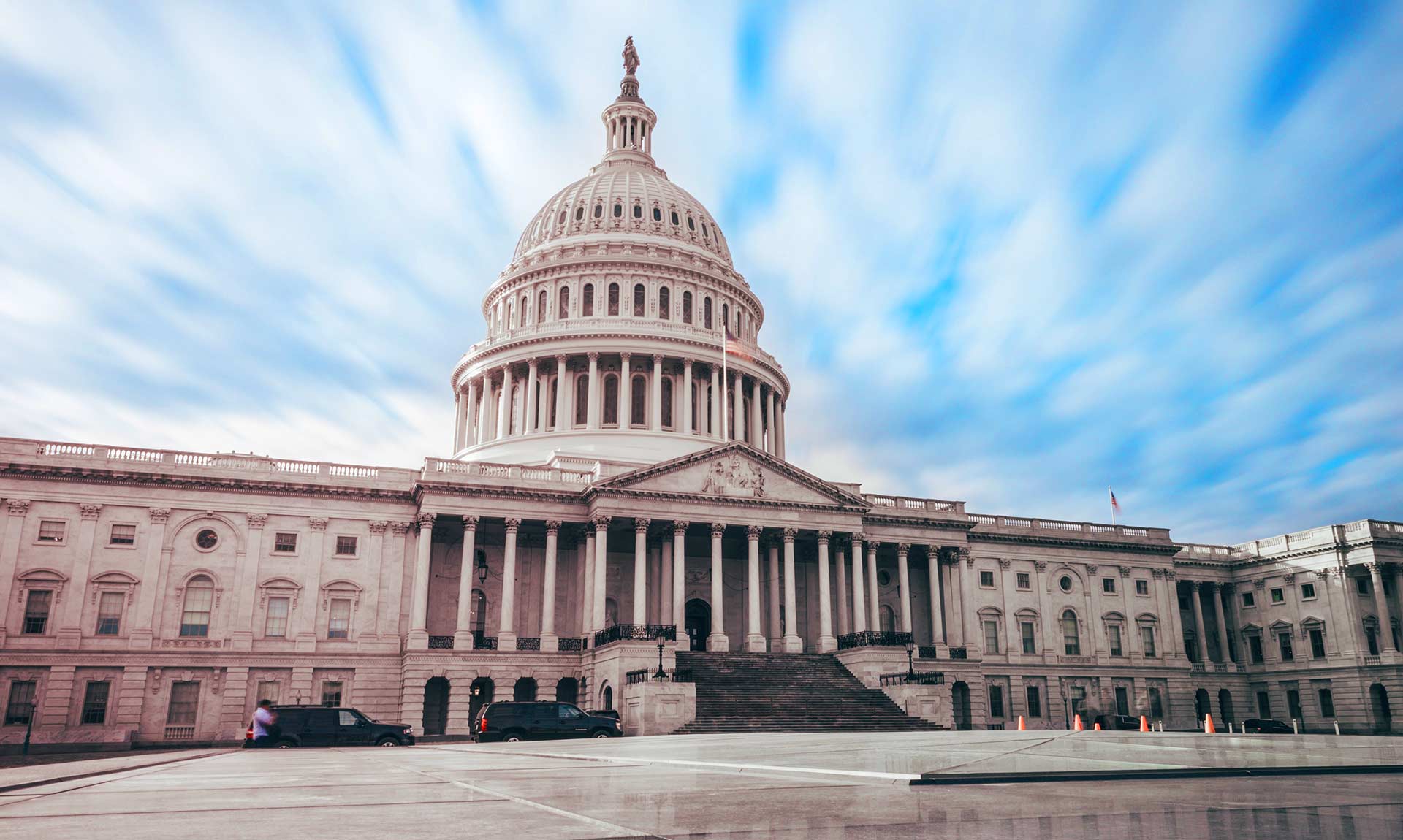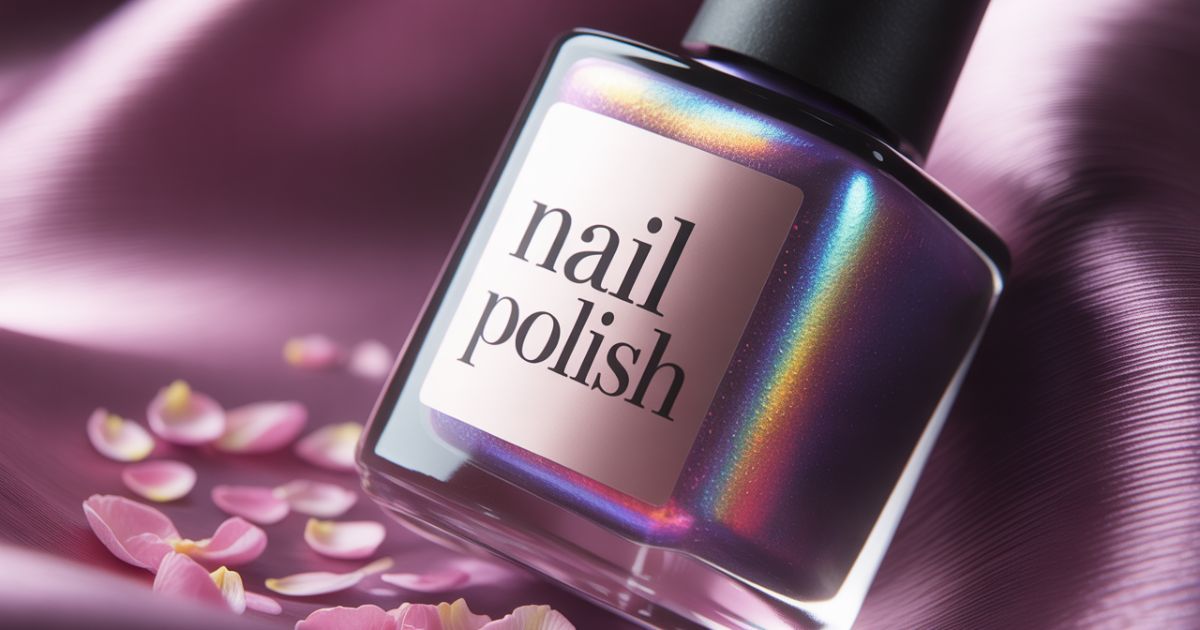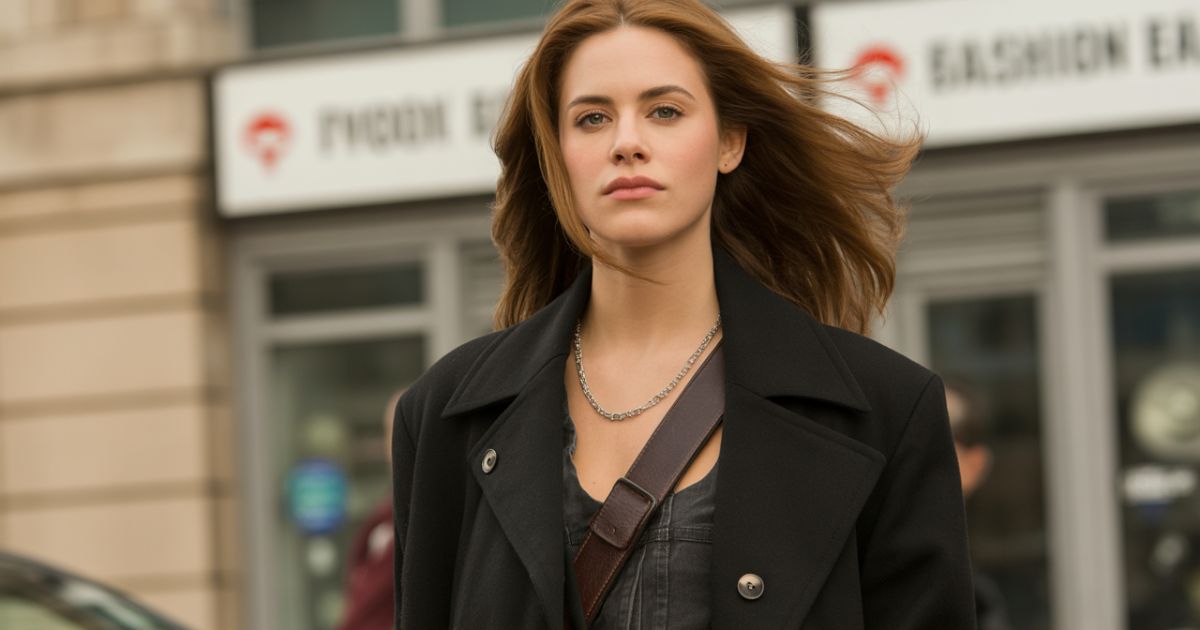Is Urban Outfitters Fast Fashion?
Urban Outfitters is a favorite for many trend-focused shoppers across the USA. But with growing awareness around ethical fashion, one major question keeps popping up—is Urban Outfitters fast fashion? In today’s world, where style moves at lightning speed, the demand for transparency is higher than ever.
Consumers want to know if their favorite brands are contributing to fashion industry waste issues or offering real eco-conscious fashion options. This article takes a closer look at Urban Outfitters clothing quality, their production habits, and whether they align with the true definition of fast fashion characteristics. Before your next purchase, discover if your style choices match your values.
What is Fast Fashion and Why Does It Matter?
Fast fashion means clothes made quickly and cheaply to follow the latest trends. These pieces don’t last long. They are sold at low prices and made in high quantities. The goal is to get people to buy more often. Fast fashion characteristics include poor stitching, thin fabrics, and styles that go out fast. This model is harmful. It causes fashion industry waste issues, pollution, and poor working conditions.
Why should you care? Because the fashion you buy affects the planet and the people who make your clothes. If a shirt costs only $5, someone else might be paying the real price through unsafe work or low wages. Understanding this is part of ethical shopping decisions. Many consumers in the USA are now looking into sustainable spending habits and using fashion budget tips to make smarter purchases.
Urban Outfitters Overview: Brand Identity and Business Model

Urban Outfitters is part of URBN, a group that also owns Free People and Anthropologie. The Urban Outfitters brand model is built around unique, artsy, and vintage-inspired clothing. Their stores create a cool, youthful vibe. The company targets college students and young adults who want to stay ahead in fashion. Unlike some big fast fashion chains, Urban sells items that appear curated and thoughtful.
But behind the vibe, the business works fast. New arrivals come often. Many items follow the latest styles seen online or on celebrities. This shows that Urban Outfitters is one of the trend-driven apparel brands. While the prices are higher than Shein or Forever 21, they still rely on quick trends. This mix of image and speed is what fuels the Urban Outfitters fast fashion debate.
Is Urban Outfitters Fast Fashion? Here’s the Evidence
Yes, there are signs that Urban Outfitters fits the fast fashion label. They release new styles frequently. Their marketing focuses on “what’s hot now.” These are all fast fashion characteristics. Even though the prices are mid-range, the items often don’t last long. Urban Outfitters clothing quality varies from piece to piece, and many customers report poor durability.
To understand better, look at how quickly the items change online. There’s a constant rotation, just like you see at H&M or Zara. This kind of production puts pressure on factories and adds to fashion industry environmental impact. The pressure to buy fast often leads to regret or waste, something impulse shopping prevention can help avoid.
Urban Outfitters’ Sustainability Claims: Greenwashing or Genuine?

Urban Outfitters says they care about the planet. They share eco-friendly fashion initiatives and talk about recycled materials. But the truth is harder to find. There are few facts or numbers. That’s why many people say it’s greenwashing in fashion. This means a brand talks like it’s sustainable but doesn’t back it up with proof.
There are no strong third-party labels on most of their items. There’s little production transparency, which makes it hard for buyers to know the truth. As more people learn about greenwashing and brand claims, they want real action, not just buzzwords. Until Urban becomes more open, the doubts will stay.
Ethical Concerns: Labor, Materials, and Animal Use
One big concern with Urban Outfitters is their labor practices. They don’t share where most of their clothes are made or how they treat workers. Without proof, it’s tough to know if they follow labor and supply chain ethics. Fair wages and safe work conditions are unclear in their supply chain.
They also use wool, leather, and other animal products in some clothes. Many shoppers are moving toward eco-conscious fashion that avoids animal harm. Without detailed sourcing info, Urban Outfitters adds to Urban Outfitters ethical issues. If they want to grow trust, they need to show more about how their items are made.
Why Urban Outfitters Faces Controversies and Boycotts

Urban Outfitters has faced many public issues over the years. Some of their items were called offensive. Others were accused of copying cultural symbols. These mistakes have led to boycotts and online backlash, especially among young shoppers.
In the USA, Gen Z wants brands to act responsibly. When brands mess up, people speak out on social media. This generation pays attention to ethical shopping decisions. It’s not just about style anymore. It’s about values. Urban Outfitters needs to match what their customers care about or risk losing them.
Is Urban Outfitters’ Quality Worth the Price?

Urban Outfitters’ clothes are not cheap. A dress might cost $80, but does it last? Many people say no. The seams unravel. The fabric fades. This leads to questions about Urban Outfitters clothing quality. For that price, people expect more.
As you can see, some ethical fashion brands give better value for the money. For higher quality, try using BNPL for higher quality clothing to spread out the cost.
Urban Outfitters vs. Its Competitors: How Do They Compare?
Urban Outfitters stands between mid-market clothing brands like American Eagle and higher-end ones like Reformation. They offer more personality than H&M but less ethics than Everlane. Their price sits in the middle, but their practices don’t always match the quality they promise.
Unlike some ethical fashion brands, Urban doesn’t offer clear consumer protection resources or ethical guarantees. Other companies have begun using better fabrics, greener factories, and more open policies. This comparison helps you decide what matters most: trend, price, or purpose.
Conscious Shopping Alternatives to Urban Outfitters
There are many alternatives to fast fashion today. If you want better choices, try thrift shopping tips on apps like Poshmark or Depop. You can find cool clothes and save money. Or try brands like Pact, Everlane, or Amour Vert. They offer better ethics and longer-lasting styles.
Another option is clothing rentals. In the USA, services like Nuuly (owned by Urban) or Rent the Runway let you wear styles without buying. It’s a smarter choice and part of slow fashion alternatives. You save money and reduce waste. Using pay later shopping tools also helps you plan your fashion spending wisely.
Final Verdict: Should You Support Urban Outfitters?
So, is Urban Outfitters fast fashion? The answer is mostly yes. They may not be the worst, but they still rely on trends, quick turnover, and unclear practices. Their items are not the best in terms of Urban Outfitters clothing quality, ethics, or sustainability.
You don’t have to stop shopping altogether. Just do it with care. Use financial tools for shopping like the Gerald BNPL features or the instant cash advance app option if needed. These tools can help with fashion budget management and support financial wellness for shoppers. Conscious choices, not perfect ones, lead to better fashion and a better future.
FAQs
Does Urban Outfitters do fast fashion?
Yes, Urban Outfitters follows many fast fashion characteristics like rapid trend turnover and frequent new arrivals, despite having slightly higher prices.
What brands are considered fast fashion?
Popular fast fashion brands include Zara, H&M, Forever 21, Shein, and Fashion Nova, known for low-cost, trend-based clothing produced quickly.
What is the quality of Urban Outfitters?
Urban Outfitters clothing quality is often viewed as average—stylish but not always durable, depending on the item and material used.
Is Outfitters fast fashion?
Yes, Outfitters operates with a fast fashion approach, offering trend-driven styles and fast inventory rotation across global markets.
What is a brand that isn’t fast fashion?
Brands like Everlane, Pact, and Reformation focus on sustainability and transparency, making them solid alternatives to fast fashion.
Meta Description
Is Urban Outfitters fast fashion? Discover the truth about its ethics, quality, sustainability, and how it compares to other brands.
latest video
news via inbox
Nulla turp dis cursus. Integer liberos euismod pretium faucibua








